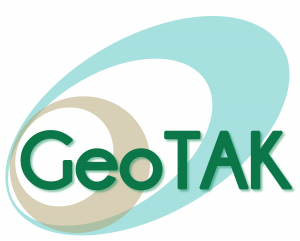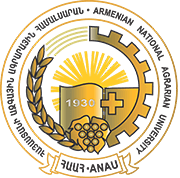Geoinformation Technologies in Armenia and Kyrgyzstan

COORDINATOR
EU universities
Royal institute of Technology (KTH), SWEDEN
Vrije Universitat Brussels (VUB), BELGIUM
University of Ljubljana (UL) – SLOVENIA
Partner Universities
Project Description
The main goal of the proposal is to develop postgraduate Higher Education programmes in Geoinformation Technologies (GIT) and strengthening the links in research and innovation between Higher Education Institutions (HEI), industry and administration in Armenia and Kyrgyzstan.
This broad objective will be achieved by deploying the following instruments:
To identify research and development needs of Kyrgyzstan and Armenia in the field of Geoinformation Technologies
To create a Research Node in GIT per partner country to promote and harmonise collaborative innovation projects and joint research lines
To improve and update research laboratories of GIT
To train trainers from partner countries in relevant topics of GIT that have special interest for regional development of innovation and environmental protection
To provide teachers and managers from HEI’s in partner countries knowledge and skills in transversal topics of higher education, such as quality assurance practices, innovation and entrepreneurship, curricula development by competences and learning outcomes, and others following Bologna process standards
To create interdisciplinary postgraduate programmes (courses and joint PhD programmes) that enhance the potential of GIT in different areas and degrees and focus research outputs on contemporary problems at regional and global scales
To foster and strength the cooperation between university and industry in those topics identified as critical for the sustainable development of the partner countries
To exchange and share experiences and perspectives between two small countries (Armenia and Kyrgyzstan) with similar recent historical background, that are facing some common socio-economic challenges and need to stimulate new strategies in research and development
Expected impact
- Universities in Armenia are changing towards a more open vision of teaching, learning and relationships with industry. The universities are small and specialized and, in a world advancing towards diversity and globality, they need to implement multidisciplinary programmes (PhD) that connect different universities in common projects and integrate knowledge to create synergies.
- Students are also looking for a more global society and learning, including transversal skills at university level, such as entrepreneurship, learning by outcomes and group work.
- Teachers will have more opportunities for promotion and re-training in new methods and tools for engineering and environment monitoring, and more interaction with other universities and companies for participation in larger projects.
- Society needs the application of new GIT in urban areas, land management, agriculture efficiency and irrigation. Armenia has a great potential for the development of local and sustainable tourism industry, for conservation and promotion of cultural heritage. Geoinformation tools are crucial to document and preserve this potential cultural industry.
- Armenian National Agrarian University has great potential in leading the use of remote sensing and GIS for land management and monitoring agriculture to increase its efficiency, disease control and productivity, key aspects to improve the economy of rural areas in the country. The connection with administration is important to increase quality of life in rural areas by training professionals in the use of GIT. New GIT labs and retraining of teachers will be necessary to trigger research activities.
- National Mapping Agency of Armenia in charge of the land administration and cadastre, currently with few resources but more and more supported by the government, which needs to strength the links with universities to promote internships of students from universities.
- The Ministry of Education and Science is in charge of regulation and accreditation of new degrees in the country. Joint degrees need to be promoted from the government and regulated, as well as PhD programmes need to improve and be linked to the industry of the country.
Contacts
74 Teryan Str., 0009, Yerevan, RA
I building, room #127
Tel./Fax +37412 58-58-08, +37412 56-74-11, Int 401, 402
E-mail: [email protected], [email protected]



